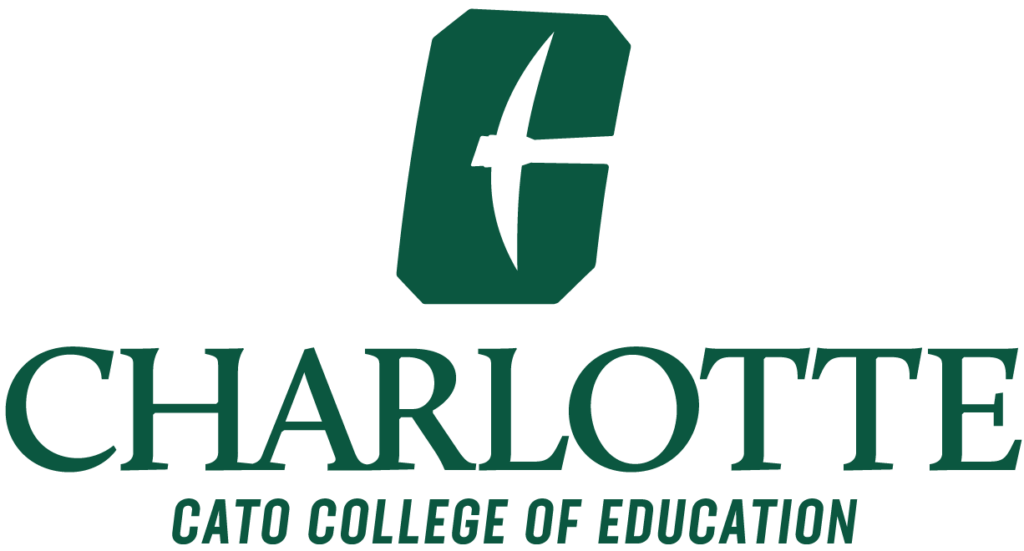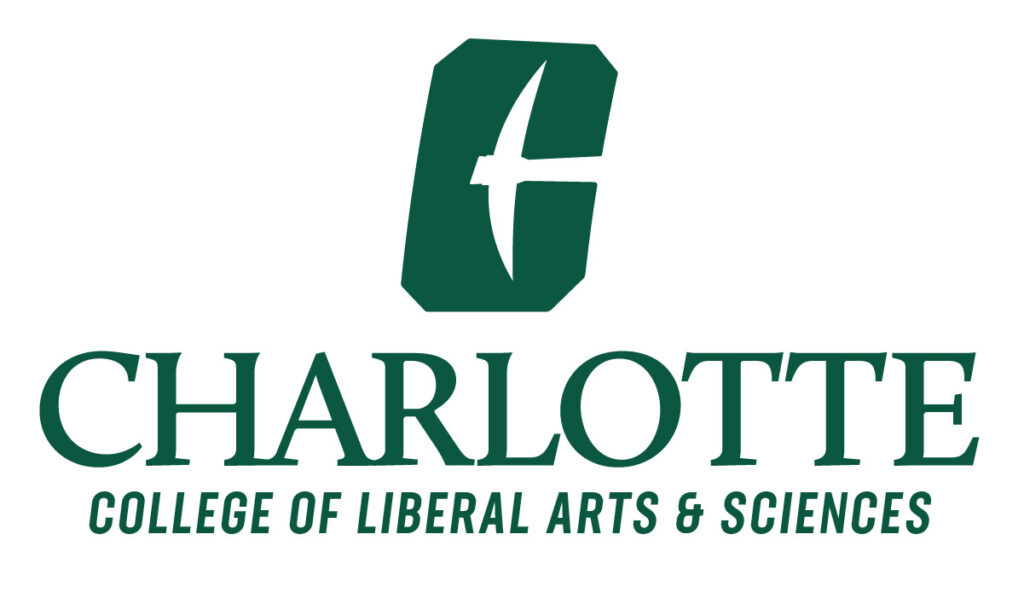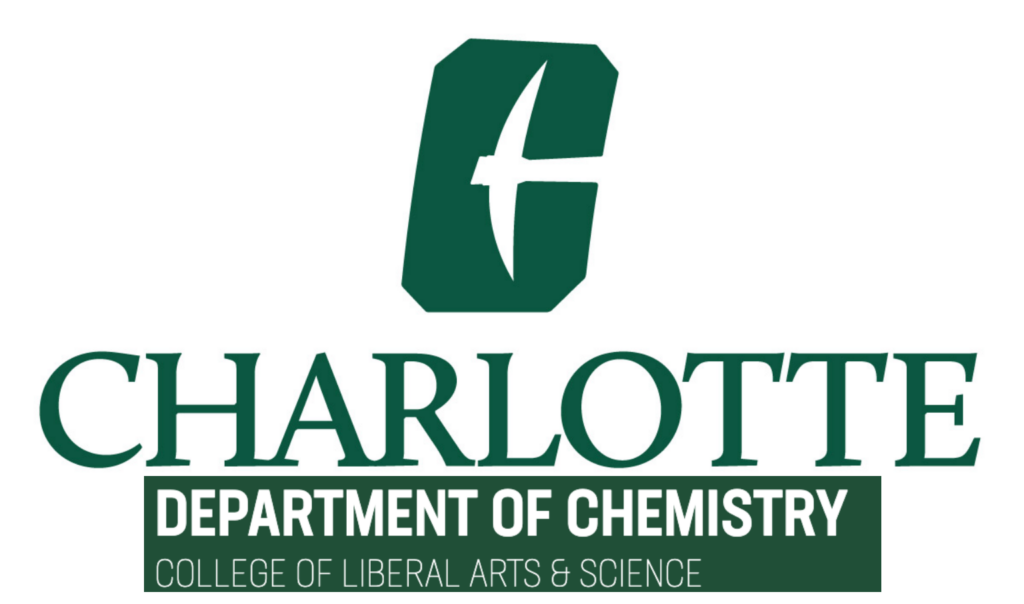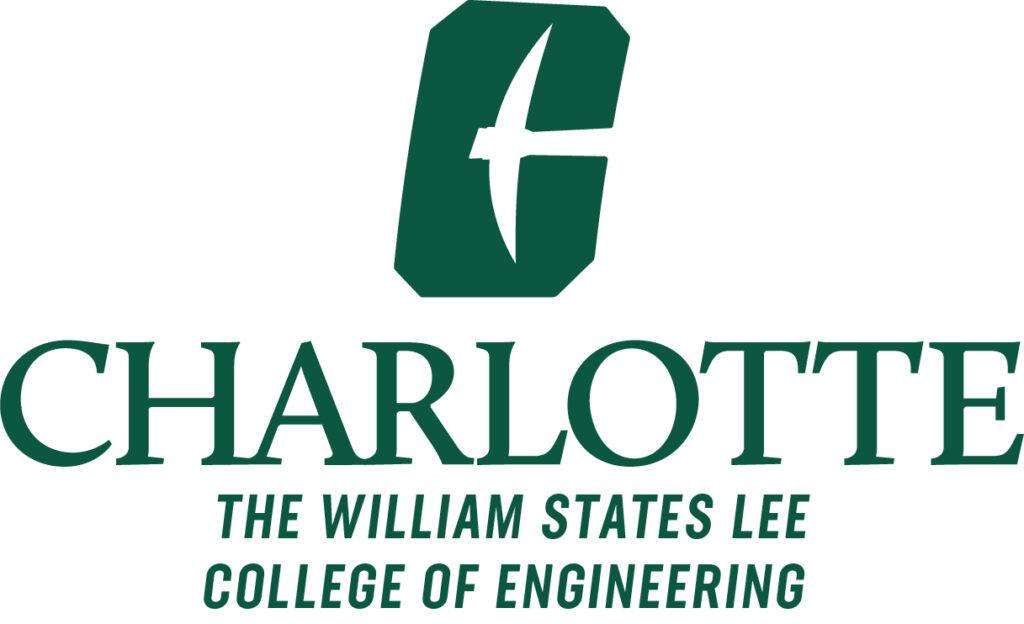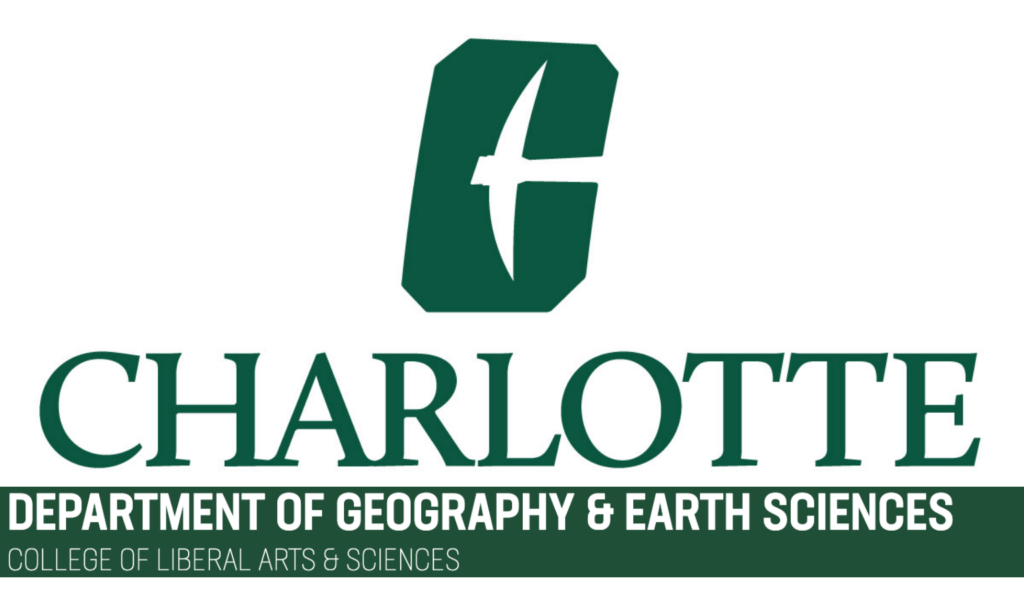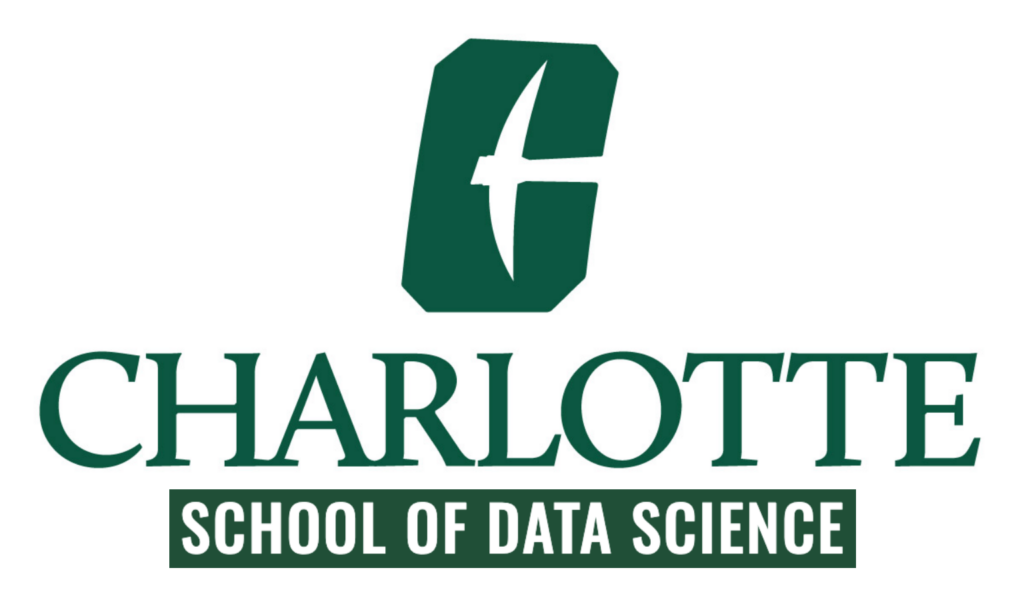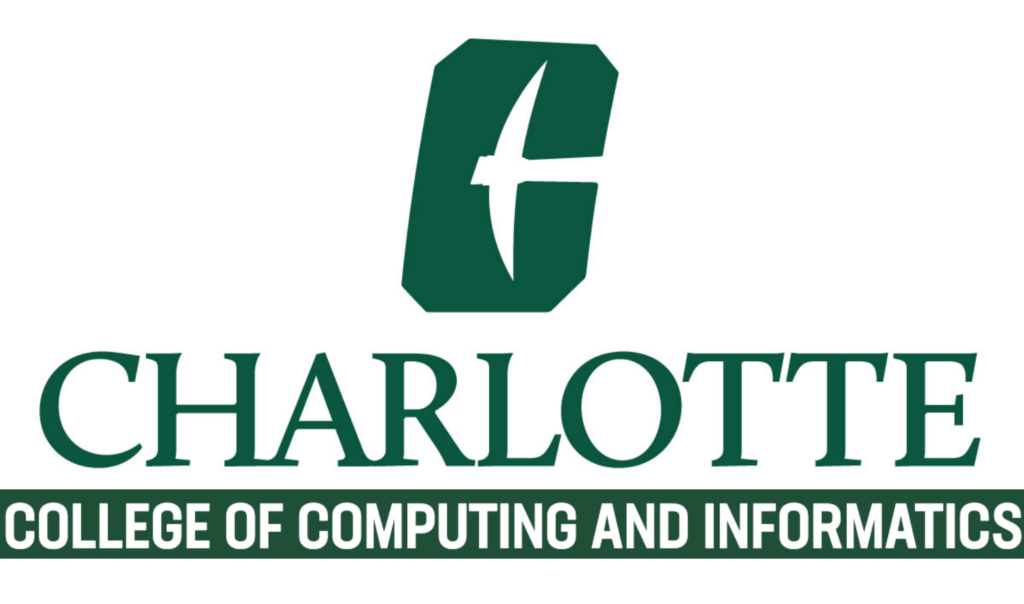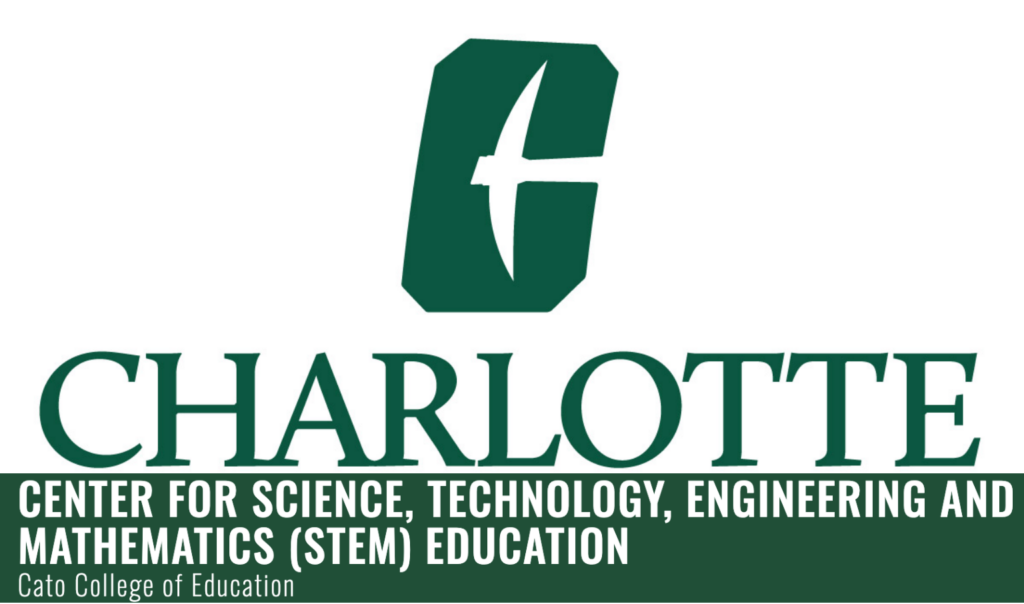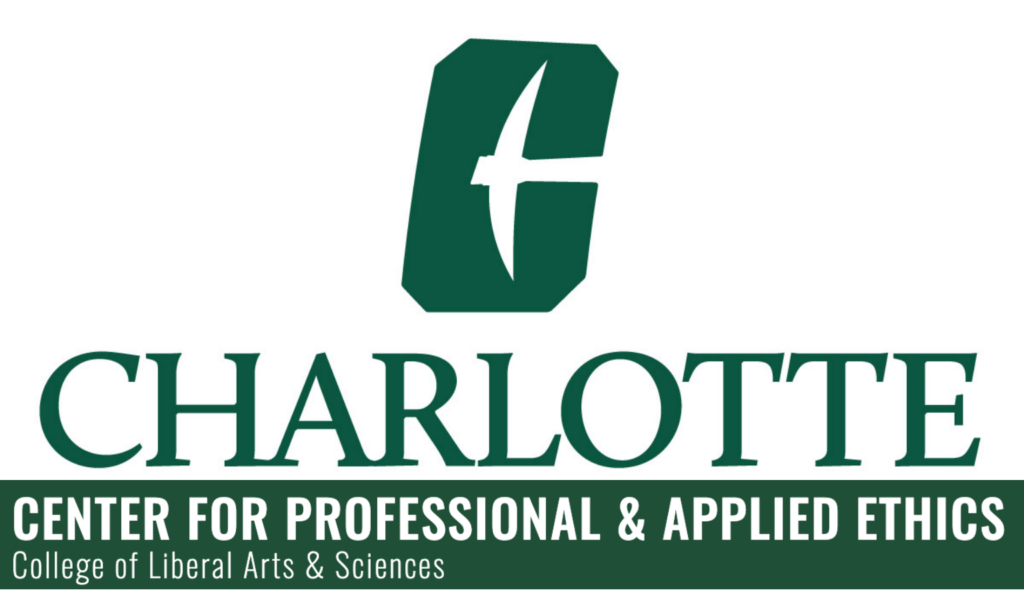Cato College of Education. The Cato College of Education, committed to being a national leader in educational equity, excellence, and engagement, provides faculty, staff and students with an exceptional support environment through its five academic departments, many centers, and state-of-the-art facilities. The Cato College of Education is at the forefront of educational initiatives in North Carolina. Each year, the College is consistently in the top two of the highest producers of new teachers in the state. The NC Report Card reports candidate proficiency above the state average on four of five standards. Finally, the College of Education is consistently ranked by U.S. News and World Report in its top 100 graduate schools of education.
College of Liberal Arts & Sciences. The UNC Charlotte College of Liberal Arts and Sciences, a long-standing collaborator with the Cato College of Education, is an active partner in this project through participation of its mathematics education faculty. The Department of Mathematics and Statistics collaborates with the CCOED to design, develop, and teach all mathematics education courses.
Charlotte-Mecklenburg Schools. CMS is the second largest school system in North Carolina and 25th largest in the nation, thus ensuring it has the capacity each year to hire project completers. Further, CMS is a high-need district with many high-need schools, and its student population is very diverse, representing 184 countries and 204 languages. Teacher candidates who participate in the project will be placed in one of 12 strategically selected high-needs CMS middle or high schools.
The Department of Chemistry is a community of faculty, staff and students dedicated to excellence in education, research, and service. We foster an inclusive environment that enables everyone to thrive and feel valued. We teach from a learner-centered perspective and provide the support and tools students need to succeed and to feel that they belong. We mentor students as they engage with faculty in cutting-edge research that addresses some of the world’s most challenging problems. We support the University, the Charlotte region, and the worldwide scientific community by sharing our knowledge and expertise generously. We also support the local K-12 community–and engage with the scientists of tomorrow–by partnering with the Charlotte Teacher’s Institute, mentoring teachers and high school students in laboratory research, and by participating in many other outreach activities.
The William States Lee College of Engineering is a community of students, faculty, and industry partners who are forging the future together. From the bachelor’s to the doctoral level, W.S. Lee College of Engineering students participate in experiential, hands-on projects, resulting in real world ready talent. We have been educating leading engineering professionals in civil and environmental engineering, electrical and computer engineering, industrial and systems engineering, mechanical engineering and engineering science, and engineering technology and construction management. The success of the William States Lee College of Engineering is tied to our philosophy of teamwork and application. Starting from the first year, students participate in hands-on projects and activities. All undergraduate and graduate students work and learn with top faculty. Through the involvement of area businesses and industry professionals, students gain valuable real-world experience.
The Department of Geography and Earth Sciences is comprised of physical, natural and social scientists from a variety of disciplinary backgrounds. Our mission is to create, extend and disseminate applied and theoretical scientific knowledge of the Earth’s physical, natural and human systems and their interactions through scholarly research, teaching and service. This is accomplished through the lens of five interdisciplinary themes:
- Global Change
- Sustainability
- Human Environmental Interaction
- Hazards
- Geospatial Perspective
The School of Data Science is commited to excellence in education, research, community engagement, and inclusion to shape and lead the future of data science education and practice. We teach our students to be responsible and ethical data science practitioners, leaders, researchers, and innovators in an increasingly data-driven and global society.
The College of Computing and Informatics (CCI) has over 150 faculty and staff members, and approximately 3,000 students, CCI is one of the largest computing and informatics research and education programs in the United States. With 140+ Ph.D. students it is home to the largest Ph.D. program at the University of North Carolina at Charlotte. The College offers a rich set of market-leading degrees and certificate programs through its Department of Bioinformatics and Genomics, Computer Science, and Software and Information Systems.
The Center for Science, Technology, Engineering, and Mathematics Education (CSTEM) matches the STEM education research and resources of UNC Charlotte to the needs of the surrounding schools to improve PK-20 mathematics, science, technology/computing and engineering teaching and learning in North Carolina. The Center supports STEM teaching scholarship programs such as the UNC Charlotte CReST Program, the NC Space Grant, Career Fairs, Research Symposiums, and a wide variety of events and STEM-based student research forums.
The Center for Professional and Applied Ethics works to promote a culture of robust research and discussion in ethics and the application of ethical research and debate in the University, Charlotte community, and beyond. We collaborate with a range of constituencies, providing ethics expertise and research as a foundation for ethical deliberation. Together we shape an interdisciplinary intellectual and moral space in which people can critically assess, thoughtfully discuss, and strategically address ethical challenges in areas such as business, healthcare, information technology and popular culture.
